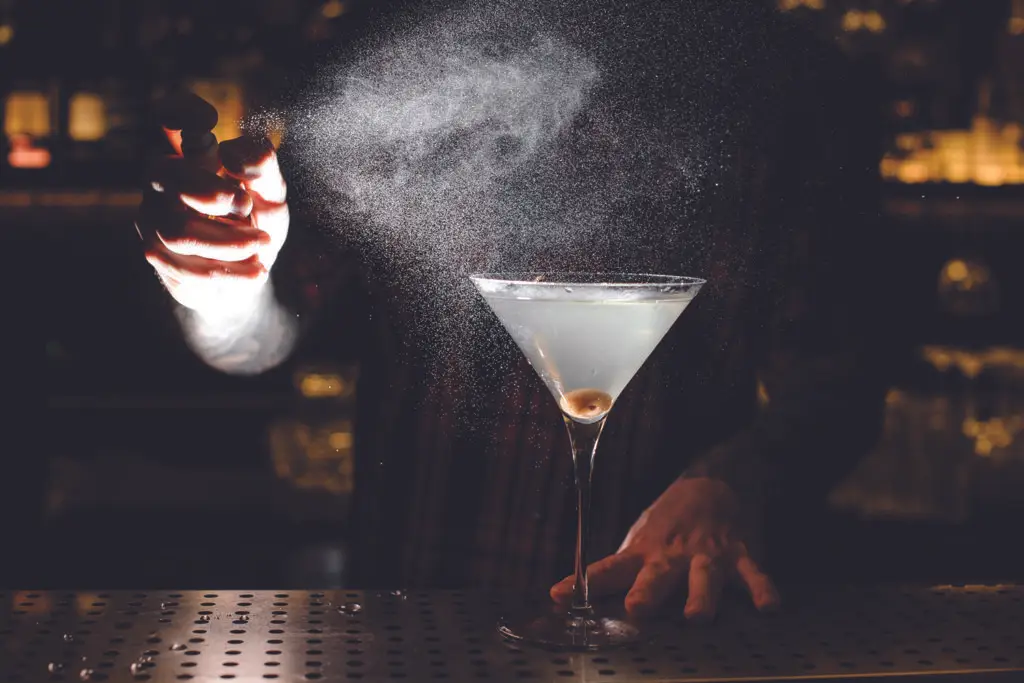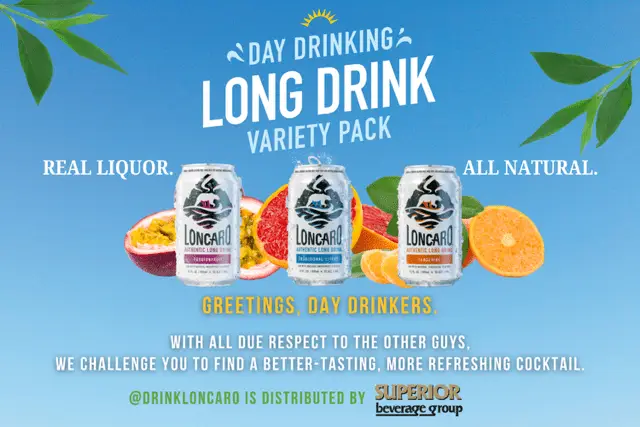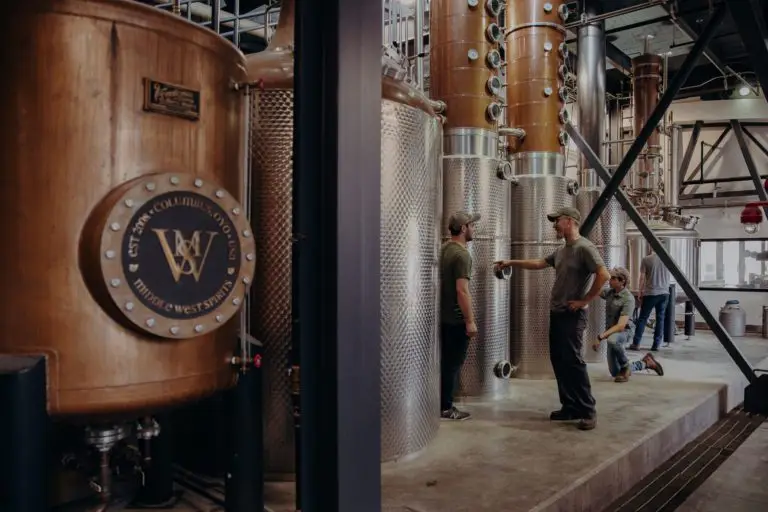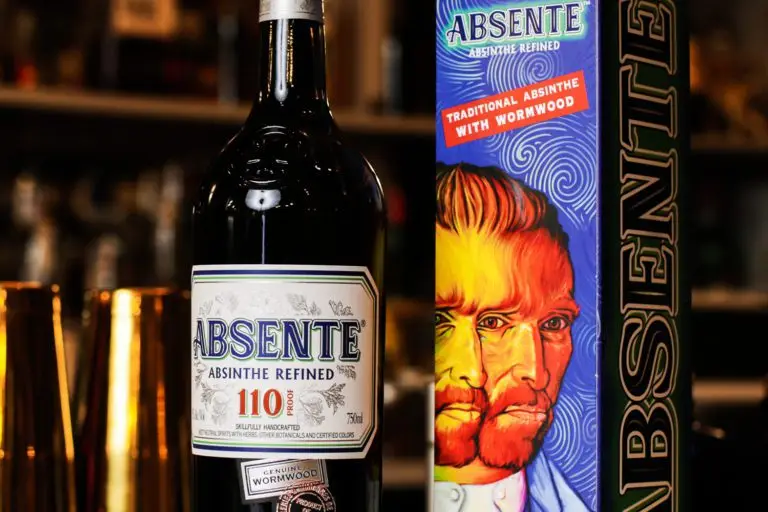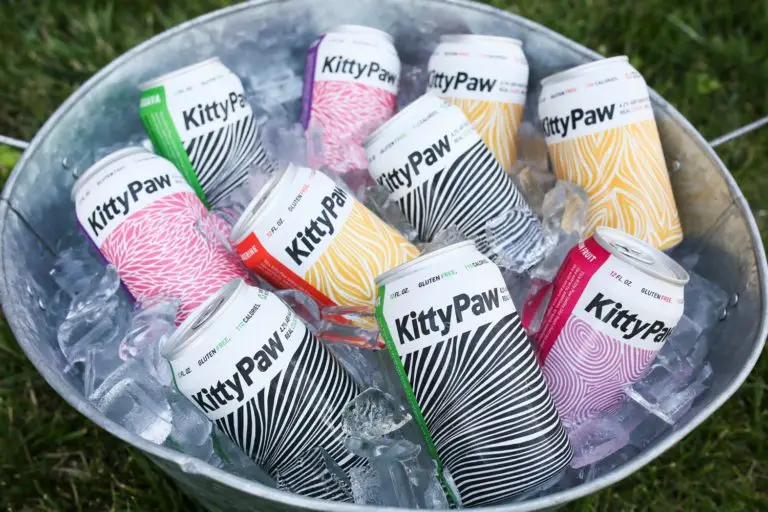By Paris Wolfe
Craft-cocktail culture is here to stay, and it’s far from static. Bartenders are restlessly seeking new ingredients to develop twists on old favorites. That drive to create has helped spark a renewed focus on bitters, says flavor expert David Dafoe, an Ohio native who founded Flavorman and the Distilled Spirits Epicenter in Louisville, Ky.
Bitters are typically a neutral spirit intensely flavored with botanicals that give a bitter, sour or bittersweet taste. Some bitters were founded as patent medicines or digestive aids. During Prohibition these “medicines” skirted a few alcohol restrictions. Today, these extracts are sold as cocktail and mocktail additives.
The most commonly known bitters are Angostura and Peychaud’s, used traditionally in old-fashioneds and Sazeracs. In recent years, however, the market has exploded with bitters, and with cocktails that utilize them.
With popularity expanding, beverage retailers are building their inventory. Because many makers are quite small, doing so isn’t always easy. Patrick Gerold, beverage manager at Weiland’s Market in Columbus says, “There aren’t a lot of distributors. So, I have to get online and contact bitters companies and order directly through them.”
While distribution may improve as consumers demand more product or makers grow, Gerold’s hard work is paying off. Weiland’s carries more than 70 bitters products from 13 brands. At any one time, a half-dozen bottles may be open for sampling.
Prices range from $7.99 for a five-ounce bottle of Fee Brothers brand to $21.99 for a five-ounce bottle of Scrappy’s Bitters brand, which uses all-natural, organic ingredients.
While Angostura, Peychaud’s and orange bitters have been around for a long time, flavors such as lavender, rhubarb and habañero are relatively new. John Poggemeyer, director of wine, beer and spirits for Heinen’s grocery stores in Northeast Ohio, is a big fan of Fee Brothers black walnut and barrel-aged bitters. He uses them in whiskey drinks and chooses lighter bitters for gin-based cocktails.
“Not every cocktail needs bitters,” says Poggemeyer, “but once I started using them, I started thinking about what flavors best complement the cocktail I’m making. It’s just like when you’re cooking and you ask what flavor, what spice, will elevate a dish.”
“It’s like wine and food pairing,” he continues. “Lighter spirits should be paired with lighter bitters, while heavier spirits or cocktails get more powerful bitters.”
And, depending on your whim, any bitter can taste good in soda water as a mocktail. “I do a lot of bitters in soda water when I’m not imbibing,” says Gerold.
Wigle Whiskey in Pittsburgh got into the bitters business to overcome a limitation of the distillery’s liquor license. “Because the distillery can only serve spirits that it produces, we were in a bit of a pinch when it came to making and serving anything more complex than, say, a gin and tonic or dark and stormy,” says spokeswoman Jill Harries.
House-made bitters, which are spirit based, expanded their creative cocktail opportunities. “As the name states, bitters are overwhelmingly bitter,” Harries says. “The upside to this quality is how well bitters balance the inherent sweet and sour properties of a cocktail. Add a few drops, and not only do you achieve harmony from the flavor angle, you’re able to infuse an aromatic complexity from the botanicals and herbs we use to make our bitters.”
“We chose four bitters flavors for their diversity, practicality in cocktail settings, and for our collective desire to consume them,” she explains. These include a classic aromatic, spicy pomander orange, rosemary-lavender and a molé.
“While unique in their flavor profiles, they are insanely fun to experiment with in both classic and modern cocktails, each bringing an element of whimsy and je ne sais quois to a cocktail experience,” Harries says.

